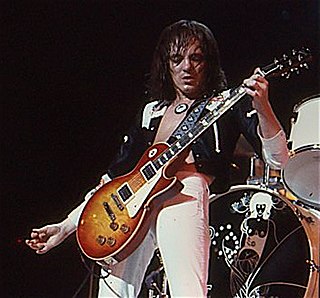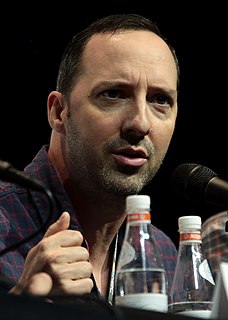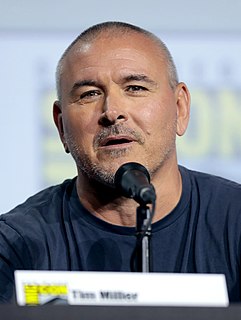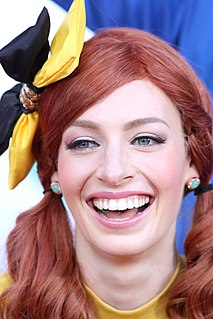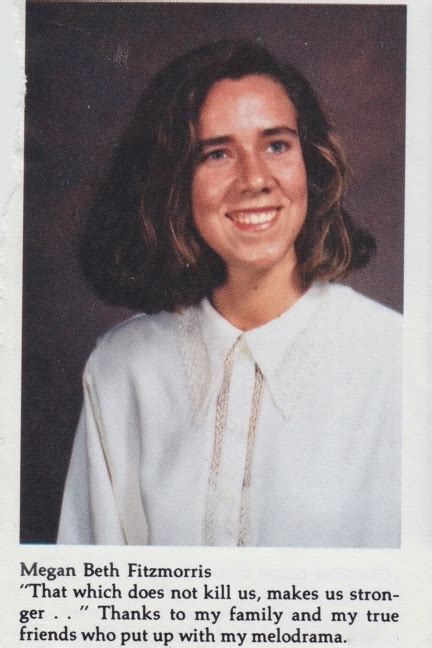A Quote by Steve Marriott
I reached the stage where I was afraid to wiggle my leg, but then I thought 'why shouldn't I?' It's what I do and now I know how to turn an audience on again.
Related Quotes
There are bits at the table read that destroy, so much so that we can't wait to do it in taping. And then, no reaction. And then there are times when I can't get the right read on a line in rehearsal, and then the audience howls at it. The strange thing is I still don't know why it happens like that. It's not like afterwards I think, 'Now I know why that worked!'
I can feel how an audience is reacting when I'm on a stage, but when you are on stage, your perception is distorted. That's something you just have to know. It's like pilots that fly at high Gs and they lose, sometimes, consciousness and hand/eye coordination and they just have to know that that's going to happen. They have to be trained to not try to do too much while they are doing that. So when you are on stage, you have to be aware that you are wrong about how it feels a lot of times.
Why do we cling to life and why are we afraid of death? You may not have thought about it. The reason why we cling so much to life and why we are afraid of death is just inconceivable. We cling to life so much because we do not know how to live. We cling to life so much because really we are not alive. And time is passing and death is coming nearer and nearer. And we are afraid that death is coming near and we have not lived yet.
I thought Marcus was going to be in my life forever. Then I thought I was wrong. Now he’s back. But this time I know what’s certain: Marcus will be gone again, and back again and again and again because nothing is permanent. Especially people. Strangers become friends. Friends become lovers. Lovers become strangers. Strangers become friends once more, and over and over. Tomorrow, next week, fifty years from now, I know I’ll get another one-word postcard from Marcus, because this one doesn’t have a period signifying the end of the sentence. Or the end of anything at all.
